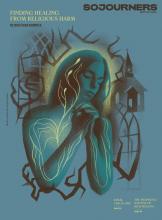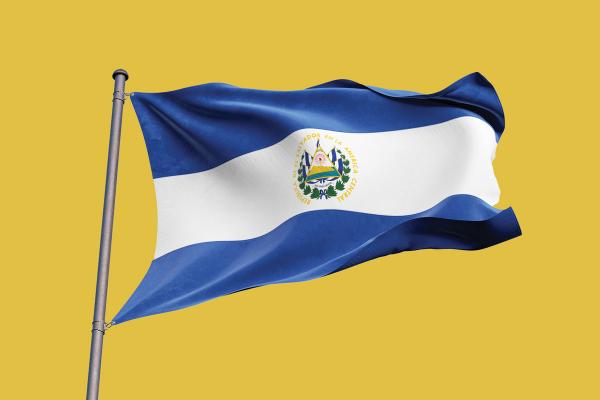IN 2016, our church in San Salvador was preparing to host a group of young adults on a “mission trip” from the United States. Just prior to their travel, the U.S. government suspended the Peace Corps program in El Salvador due to security concerns related to gang violence. As the host church, we decided the mission trip should be canceled too. In 2015, the murder rate in my country peaked at 103 per 100,000, making it the most dangerous country in the world.
Over the last seven years, El Salvador has seen a rapid drop in its murder rate. In early 2023, President Nayib Bukele claimed that the country had accumulated 365 nonconsecutive days with zero homicides since he took office in June 2019. While it’s impossible to independently corroborate Bukele’s claim, it’s undeniable that Salvadorans are experiencing a new sense of safety and “peace.” That sense of peace, however, has come at a grave cost.
As of January 2023, El Salvador had the highest incarceration rate in the world. Approximately 61,000 people, including 1,082 minors, have been swept up in mass arrests since March 2022, when congress allowed Bukele to suspend constitutional rights. Salvadorans no longer have rights to free assembly, due process, access to lawyers, and previously protected freedoms. Nearly two percent of the Salvadoran adult population is in prison in conditions that fail to meet the U.N.’s minimum standards for imprisonment. Cristosal, a civil society human rights organization in El Salvador, has documented the death of 153 prisoners in state custody between March 2022 and March 2023, all detained during the same period. Of those, 29 died violent deaths and 46 “probable violent deaths” or under “suspicions of criminality,” reported Cristosal. More reports continue to roll in of the deaths of incarcerated people who also show signs of torture.
Read the Full Article

